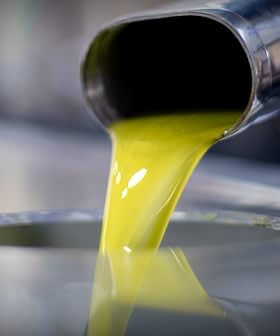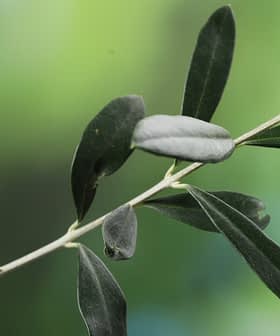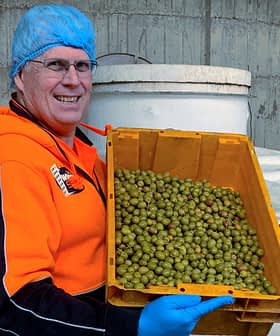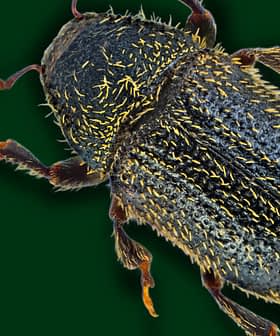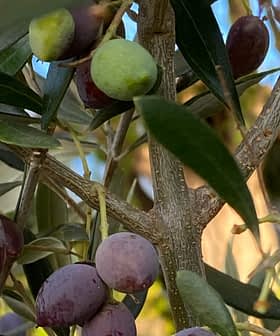EU Program Offers Funding for Projects That Combine Robotics, Agriculture
Robotics companies and farmers can compete for grants from a program aimed at strengthening the European network of digital innovators.
European farmers and robotic technology companies are collaborating on agricultural projects to submit to the European Union’s agROBOfood Open Call for Innovation Experiments, with a prize pool of €2.65 million to be divided among the top six projects. The projects must focus on reducing costs, maximizing yields, or addressing security and safety issues in the agri-food sector using robotic technology, and winners will be selected in August.
Robotic technology companies and European farmers are collaborating on innovative agricultural projects that employ robotics to be submitted to the European Union for the first agROBOfood Open Call for Innovation Experiments. At stake is a prize pool of €2.65 million that will be divided among the best six projects.
With the open call, we expect to reach out to many small and medium enterprises across Europe.
In order to win, projects will need to demonstrate a solid innovative concept, a strong commitment to the latest available technologies and an assessment of the impact of the final product, including the role it could play for farmers in the field, the project’s managers told Olive Oil Times.
The projects must directly address problems of the agri-food sector, such as reducing costs for everyday operations, maximizing yields, or solving security and safety problems with a focus on robotic technology.
The agROBOfood initiative, part of the European Union’s Horizon 2020 research and innovation program, is a continental network of digital innovation hubs and competence centers aimed at raising awareness among farmers about the benefits of robotics in agriculture. The centers offer support farmers need to develop their own projects, find the right partners and obtain the needed skills.
See Also:Technology Updates“With the open call, we expect to reach out to many small and medium enterprises across Europe. Projects must involve robotics and end-users, in small consortia formed by two to five partners,” Frédéric Colledani, head of the France-Italy portion of the project, told Olive Oil Times. “Consortia could be cross-border, for instance, involving partners from different countries, or cross-sector, with partners from different fields, like robotics, technology providers, farmers, and so on.”
agROBOfood already has experience operating among olive groves. In Spain, farmers and robotics experts are building a platform to maximize olive yields. The core of the project is the development of a mobile, electrified automatic guided vehicle (AGV) platform equipped with sensor modules to gather information for use in olive groves.
While the vehicles are being designed for relatively small testing groves, the project aims to be scalable, to work in different scenarios and large productions. The key is to look for strong innovation within an organized framework of innovators.
“Since agROBOfood is a network project, participants should also be connected to a local [digital innovation hub] that will connect them to the other stakeholders of the agri-food sector, in order to help them find relevant partners and disseminate the result of the project as widely as possible,” noted Colledani, who is also a robotics expert from the List Institute at CEA Tech.
Colledani said that the competence centers can provide partners with services such as technical infrastructure, technical support on scaling up and testing.
“In addition to that, the digital innovation hubs are organizations that act as a one-stop-shop and will also provide non-technical services, such as community building, strategy development, ecosystem learning and promotion as well as incubator/accelerator support, access to finance, project development, skills training and education and more,” he said
The centers and hubs are located around Europe in a growing network and are connected to one another. Information on applying for the Open Call is on the website linked below.
Winners will be selected in August.





